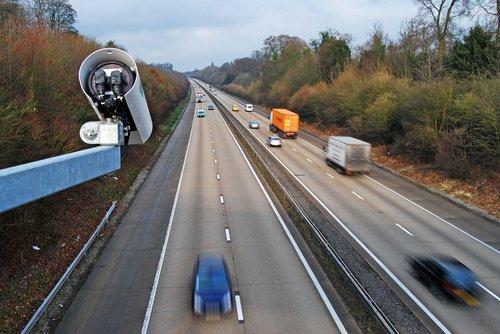Illinois Bill Would Limit Use of License Plate Readers
 Over the past several years, license plate readers have become a popular surveillance tool for law enforcement across the country. It is a tool most people are not even aware exists. The readers use small, high-speed cameras to photograph license plates, documenting the date, time, and location of each one. The information is then added to a computer which is linked to other law enforcement data bases, such as those which include arrest warrants or missing persons.
Over the past several years, license plate readers have become a popular surveillance tool for law enforcement across the country. It is a tool most people are not even aware exists. The readers use small, high-speed cameras to photograph license plates, documenting the date, time, and location of each one. The information is then added to a computer which is linked to other law enforcement data bases, such as those which include arrest warrants or missing persons.
License plate readers can be mounted onto police vehicles or other objects, such as bridges or street signs, making them virtually unnoticeable by passing motorists. Although the readers have proven useful in apprehending offenders, the readers also capture information on people who have no criminal history at all. Many civil rights groups, including the American Civil Liberties Union (ACLU) have come out against the use of readers. Lawmakers have also voiced their opposition to the use of readers, and one Illinois lawmaker has introduced a bill that would limit their use by law enforcement.
The current procedure used by law enforcement allows all the metadata collected from the scan to be kept indefinitely. The concern is that instead of the tool only being used as legitimate way to alert police to vehicles involved in specific criminal investigations, it allows for mass location tracking.
Illinois HB 3289 would place limits on the government’s use of license plate readers. The readers could only be used for the following reasons:
- Access to secured areas;
- Criminal investigations;
- Identifying vehicles connected to crimes;
- Missing persons cases;
- Toll collection; and
- Traffic enforcement.
The bill would also impose a 30-day limit on data collected, meaning that law enforcement would need permission from the court in order to keep data any longer than that. The bill also bars any government agency from selling the collected data to private individuals or companies.
With bi-partisan support, the measure was approved by a House judiciary committee and is now awaiting a vote by the full House. The Illinois State Police, Illinois Sheriffs Association, Illinois Association of Chiefs of Police, and the Chicago Police Department have all voiced opposition to the bill.
If you have been arrested and charged with a crime and feel your rights may have been violated by police, contact an experienced DuPage County criminal defense attorney today. Call Kathryn L. Harry & Associates, P.C. at 630-472-9700 today.
 1200 Harger Road, Suite 830, Oak Brook, IL 60523
1200 Harger Road, Suite 830, Oak Brook, IL 60523







